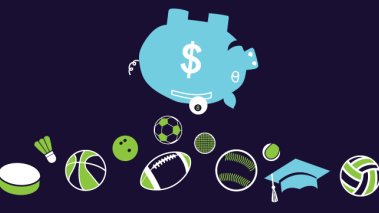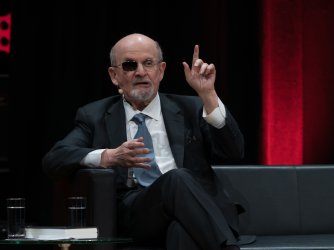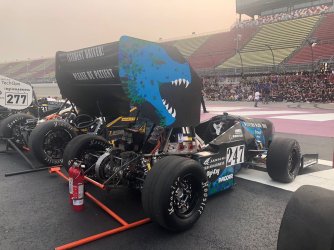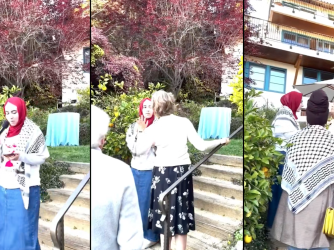Table of Contents
ESPN’s Jay Bilas, NCAA’s Oliver Luck to Take On ‘College Athletes Should Be Allowed to Be Paid’ in First FIRE Debate!

FIRE is extremely excited to announce ESPN’s Jay Bilas and the NCAA’s Oliver Luck will debate the motion “College athletes should be allowed to be paid” in the first installment in our series, FIRE Debates, on October 20 at Texas A&M University.
Jay Bilas is a broadcaster for ESPN, an attorney, and a former professional basketball player. In 1995, Bilas joined ESPN as a college basketball analyst. Currently, he serves as a game and studio analyst and courtside commentator for College GameDay, in addition to being a regular contributor to SportsCenter, ESPN.com, and ESPNEWS. Bilas also provides commentary on coverage of the NBA Draft and NCAA Final Four. As a college basketball player, he started for four years at Duke under Coach Mike Krzyzewski. In college, Bilas was one of two student-athletes in the nation appointed to NCAA’s Long-Range Planning Committee. A 1986 NBA draft pick of the Dallas Mavericks, Bilas played basketball professionally in Italy (1987–88) and Spain (1989). Bilas then returned to Duke to serve as assistant coach to Krzyzewski while attending law school.
Oliver Luck has been the Executive Vice President of Regulatory Affairs at the NCAA since January 2015. Prior to this role, Luck was the Director of Athletics and Associate Vice President at West Virginia University. During this time, Luck served on the College Football Selection Committee and the Player Safety Advisory Panel for the National Football League. A former student-athlete and quarterback for the NFL, Luck played football for both West Virginia University and the Houston Oilers. After retiring from professional football, Luck received his J.D. from the University of Texas School of Law. He went on to use his football knowledge as the general manager and vice president of NFL Europe, before serving as its president for four years.
Advocates for college athletes getting “pay for play” argue that athletes should be paid because of the NCAA’s high revenue—roughly $900 million from March Madness alone—being brought in from broadcast rights and sponsorships. The NCAA consistently maintains that student athletes are amateurs and are given the opportunity to play a game that they love while getting scholarship for an invaluable college education.
This debate is just one of many events slated to highlight Free Speech Week, an annual, non-partisan celebration of Free Speech. Keep reading The Torch for more details about how to get involved with the many events FIRE has planned.
Recent Articles
FIRE’s award-winning Newsdesk covers the free speech news you need to stay informed.

Salman Rushdie calls out left-wing censorship in CBS interview

Western Washington University punishes racing team for sending a photo of a penis drawing on a pizza box

No, the Berkeley Law student didn’t have a First Amendment right to interrupt the dean’s backyard party
